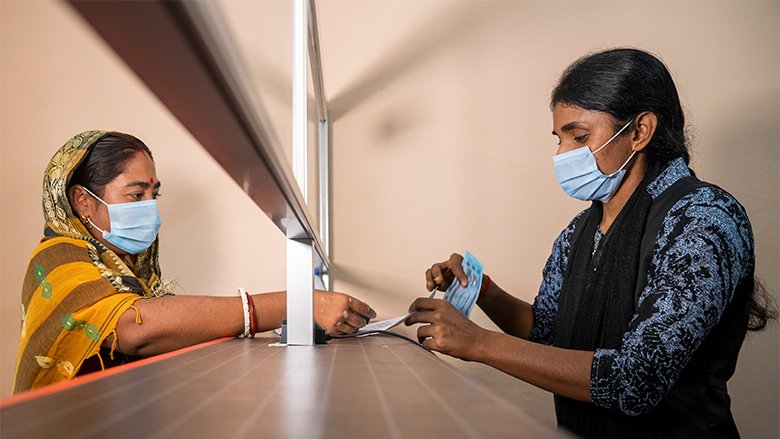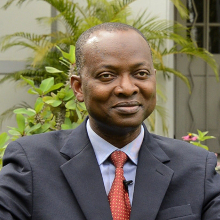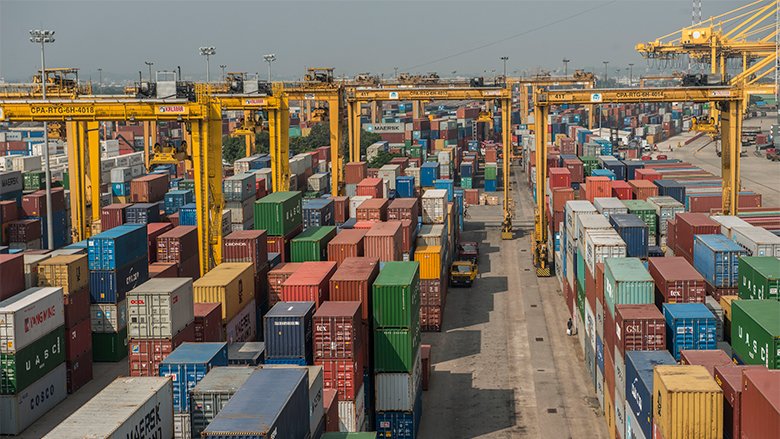While Bangladesh recovered strongly from the COVID-19 pandemic, post-pandemic recovery was hindered by rising inflation, a persistent balance of payments deficit, financial sector vulnerabilities, and global economic uncertainty. Monetary, fiscal, and financial reforms are essential to sustain the growth momentum going forward, says the new World Bank report, the Bangladesh Development Update April 2024.
In the fiscal year 2023, real GDP growth slowed to 5.8 percent, led by weakening private consumption and investment. Private sector credit growth also slowed, indicating a slowdown of investments. In FY24, growth is projected to slow further to 5.6 percent, before improving marginally to 5.7 percent in FY25. Thus, in the short run growth is expected to remain below the average annual growth rate of 6.6 percent experienced over the decade preceding the COVID-19 pandemic. With right policy actions, growth is expected to accelerate FY26 onwards.
Inflation continues to erode consumer purchasing power, impacting the poor people the most. Several factors contributed to elevated inflation, including shortages of foreign exchange resulting in reduction of key imports, depreciation of the taka against the US dollar, energy shortages and increased power prices. To keep inflation in check, Bangladesh Bank continued to tighten monetary policy in early FY24.
The government has undertaken several much-needed policy adjustments, including introducing an adjustable fuel pricing mechanism to reduce spending on subsidies; reducing export subsidies to generate greater fiscal space for development priorities; and adopting a Prompt Corrective Action framework to address financial sector vulnerabilities.
The economy faces several challenges, which require immediate and coordinated policy actions:
- The exchange rate regime remains complex. Multiple exchange rates were introduced in September 2022, discouraging foreign currency inflows, and creating market uncertainty. Some of these exchange rates have been consolidated. However, different exchange rates remain in use for interbank transactions and remittance inflows. The Consequently, the exchange rate is not market clearing.
- The Balance of Payment (BoP) deficit persists: The Current Account Deficit narrowed in FY23 and moved into surplus in the first seven months of FY24, driven by import suppression measures. But the Balance of Payments deficit widened to US$ 8.2 billion in FY23 and US$ 4.7 billion in the first seven months of FY24, as the financial account deficit widened further. Continued intervention in the forx market by Bangladesh Bank resulted in gross foreign exchange reserves declining by US$ 4.0 billion so far in FY24, reaching US$ 20.8 billion in February 2024.
- Rationing mechanism to restrict imports continue: Measures to control imports helped to slow the decline in forex reserve. However, these controls also resulted in shortages of key capital and intermediate goods that hampered industrial activity.
- Banking sector vulnerabilities: The ratio of stressed assets in banks remains high, including non-performing and rescheduled loans. The gross NPL ratio increased to 9 percent in December 2023 from 8.2 percent in December 2022.
To stem the depletion of forex reserves, Bangladesh Bank has taken steps like reducing the size of the Export Development Fund and implementing stringent eligibility criteria, ensuring timely receipt of export earnings, and providing flexibility to banks for transferring capital between their offshore and domestic units.



